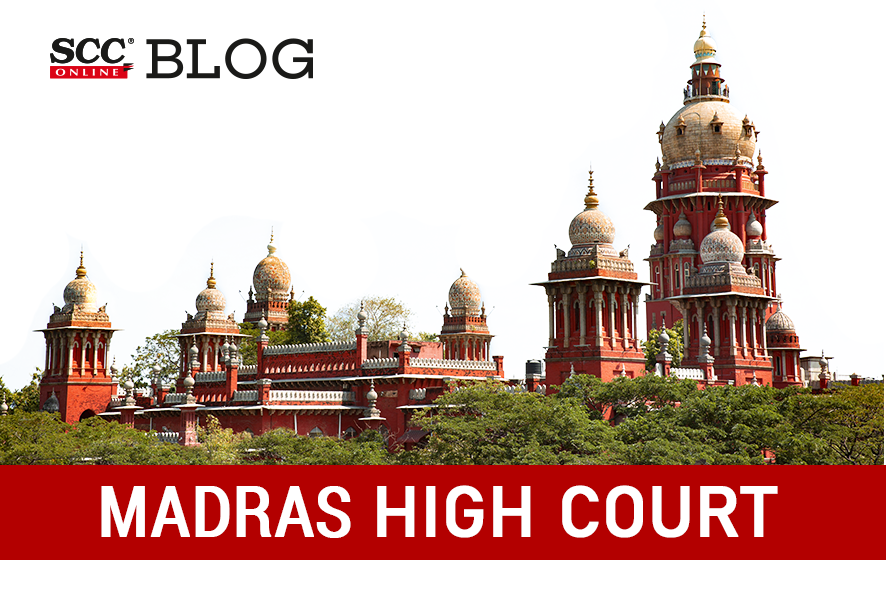Madras High Court (Madurai Bench): In a writ petition filed for directing the respondents to provide adequate compensation to the extent of Rs.1 crore to the petitioner for foisting of a false case and for violation of her privacy and loss of reputation in the society, by alleging that she was arrested under the Immoral Traffic (Prevention) Act, 1956, R. Vijayakumar, J. held that the respondents have violated the privacy and harmed the reputation of the petitioner. Therefore, the State is liable to pay compensation. Thus, it directed the State to pay a compensation of Rs. 2,00,000/- to the petitioner within a period of 8 weeks from the date of this order and further said that the State is at liberty to recover the same from the erring police officials.
The Court noted that the name of the petitioner along with her involvement in the offence under the Immoral Traffic (Prevention) Act have been widely published in various newspapers and magazines. Later the police officials ordered re-enquiry into the complaint lodged, which resulted in the discovery of the fact that the original complaint is a false one.
The Court said that the State cannot take advantage of the fact that their own officials had conducted an enquiry and had found that the case to be a foisted one. When the State has accepted the report of the Deputy Superintendent of Police (‘DSP’), they should have initiated action against the person who has filed the false case. However, the State has not proceeded in the said direction. The entire criminal case has been lodged based upon some telephonic information by an anonymous person which was later converted into a complaint. Therefore, the State cannot shirk their responsibility or its vicarious liability for the acts of its officials which have resulted in violation of the privacy and loss of reputation of an unmarried woman.
The Court took note of K.S. Puttaswamy (Privacy-9J.) v. Union of India, (2017) 10 SCC 1, wherein it was held that right to privacy is a fundamental right, and it forms an intrinsic part of Article 21 and freedoms guarantee in the Constitution of India. Further, it relied on Alarmelu Manga v. Secretary to the Government of Tamil Nadu, (2010) 8 Mad LJ 647, wherein it was held that State is liable to pay compensation to the victim for infringement of right to privacy and public humiliation meted out to her by the action of the police authorities by entering the house at midnight and forcibly taking away to the police station. The Court also relied on Kadek Dwi Ani Rasmini v. K. Natarajan, 2019 SCC OnLine Mad 23, wherein the Court awarded compensation for the infringement of personal liberty and reputation of a victim who was erroneously implicated under the provisions of Immoral Traffic (Prevention) Act 1956.
The Court also noted that even after the report of the DSP, for nearly 4 years, the police authorities have continued with the prosecution. The State has not initiated any action against the police officials who were found to be guilty in the said report.
Thus, the Court held that the respondents have violated the petitioner’s right to privacy and harmed the reputation of the petitioner. Therefore, the State is liable to pay compensation.
[X v State of Tamil Nadu, 2023 SCC OnLine Mad 2061, decided on 29-03-2023]
Advocates who appeared in this case :
For Petitioner: Advocate T. Lajapathi Roy;
For Respondent: Additional Advocate General Veera. Kathiravan, Special Government Pleader. M. Lingadurai, Government Advocate R.M. Anbunithi, Advocate M. Rajarajan.







